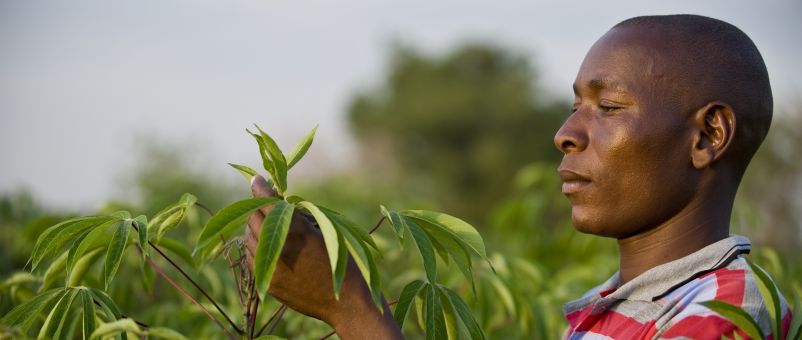- About
- Topics
- Picks
- Audio
- Story
- In-Depth
- Opinion
- News
- Donate
- Signup for our newsletterOur Editors' Best Picks.Send
Read, Debate: Engage.
| July 21, 2017 | |
|---|---|
| topic: | Freedom of Expression |
| tags: | #African startup, #Cameroon, #freedom of speech, #Paul Biya, #refugee camp |
| located: | Cameroon |
| by: | Bob Koigi |
At the height of a government-orchestrated internet blackout in two Cameroonian English speaking regions that lasted 90 days earlier this year — locking the locals from the rest of the world while inviting international furor — a group of tech startups created what they referred to as an ‘internet refugee camp’, a concept that has inspired the rest of Africa.
While Cameroon is a bilingual country with English and French speakers, the government of President Paul Biya is dominated by French speaking officials. English speaking regions form about 20 per cent of Cameroon’s 23 million population. There has traditionally existed a feeling of disenfranchisement, political and economic discrimination among the English speaking regions. This has usually sparked pockets of protests which reached a crescendo in the beginning of this year. In a bid to quell the protests, the government put pressure on mobile operators and internet service providers to monitor hate speech online before cteutting off internet services in the Anglophone areas.
One of the regions that bore the brunt of the blackout was Buea, the capital city of the South- West region which is the hub of what is christened Silicon Mountain, an area bustling with tech startups and companies hailed as coming up with some of the most innovative solutions in Cameroon. It was a tough time for the tech community, with most of the developers walking up to 70 kilometers to the capital Douala to just access internet. It is estimated that during the blackout, French telecommunication company Orange recorded a dip in revenues with Cameroon losing $4.5 million in economic activity according to data from Access Now.
The tech community united in their resolve to survive and save on the cost of travelling long distances decided to set up a space in a village near the border with the Francophone region that had internet. ActivSpaces, a pioneer tech hub and incubator in Cameroon chaperoned this arrangement. It brought together various startups who together rented a room, set up desks, connected electricity through a generator with each startup bringing their own internet modem. They would take advantage of the proximity of the village to the Francophone region that had internet access. And for the 90 days of the internet shutdown, they managed to keep in touch with the rest of the world while pushing for freedom of speech through a hashtag #Bringbackourinternet which went viral world over. It was an outcry that caught the attention of key figures and institutions including the American Congress, the United Nations, and whistleblower Edward Snowden.
The brave acts of the tech community in Cameroon have now inspired more techpreneurs across Africa who have hailed the internet refugee camp initiative as a way to stand up against authoritarian regimes keen on suppressing freedom of speech.
In Rwanda, a country enjoying a thriving tech space, entrepreneurs in the innovation business that have usually decried suppression of freedom of expression, have hailed the Cameroonian initiative as a brave and a modern way to fight oppression. “The ubiquity of the internet now means that dictators and those hell-bent on suppressing free voices cannot silence these voices anymore. Gone are the days when traditional media would be under the control of authoritarian regimes. Cameroonian example has inspired and set the path for those oppressed to know they can always find a way of voicing their dissent, no matter what,” said Athanus Gahiji an entrepreneur running an online business in Rwanda’s capital Kigali.
Steve Kaikara who works with Ugandan tech startups believes that the 21st-century protests against oppressing governments and dissenting voices especially in Africa will no longer be congregating in the streets where ugly scenes of clashes between them and the police are experienced. “Our internet hashtag in Cameroon and the huge impact it has had including forcing the chest-thumping government to finally end the internet blackout is a classic case study of what we will see in Africa and the world moving forward. The internet is providing a very powerful platform for those who feel oppressed to criticize the powers that be without the fear of reprisals. This is what we need if we are to have thriving democracies,” he said.
And as Africa continues to receive international attention as the home of twenty-first century innovations that are solving local problems from health to agriculture, the internet that is enjoying impressive penetration has become the continent’s panacea to advocate for democracy and ending decades of oppression by autocratic regimes.
By copying the embed code below, you agree to adhere to our republishing guidelines.
